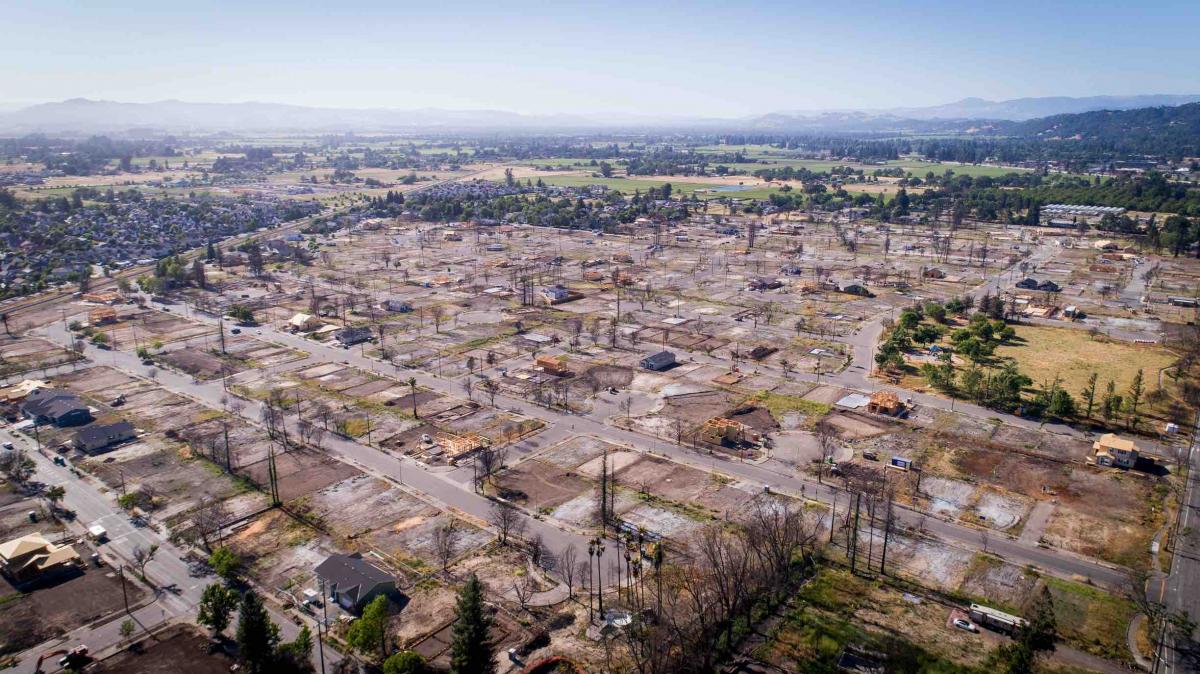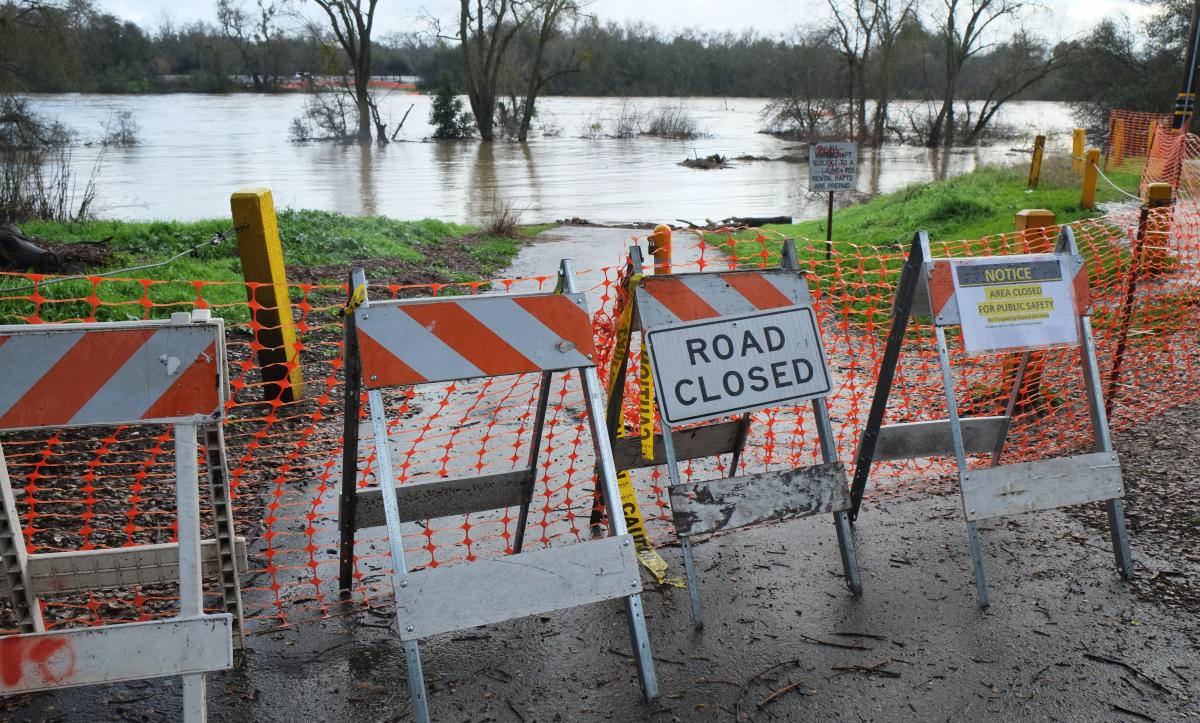League Strategic Goals Set a Course for 2019
Every year, the League’s members and leaders work together to set strategic goals for the next 12 months. These goals focus our advocacy activities and serve as a powerful tool for advancing local control.
The League board of directors, joined by leaders from the League’s divisions, departments, policy committees and diversity caucuses, convened in Garden Grove Nov. 28–30, 2018, to develop the organization’s strategic goals for 2019. This annual event provides an opportunity for city leaders to reflect on the prior year’s work, discuss current challenges and establish League goals, as the organization continues to serve as the leading voice of California cities.
Approximately 100 League leaders attended and participated in the goal-setting process. The first portion of the program included presentations about the League’s progress on its 2018 goals, the results of recent state ballot measures, insights on voter trends and the priorities of incoming Governor Gavin Newsom and legislative leadership.
Disaster Preparedness, Housing, Homelessness, Pensions and Public Safety Take Center Stage
As part of these activities, we discussed many pressing issues affecting all California cities.
In response to the recent wildfires that devastated communities throughout the state, city officials focused on the importance of expanding resources and partnerships — not only for disaster recovery, but also to improve community preparedness and resiliency in responding to climate-related disasters, both natural and man-made.
League leaders also discussed the challenges facing the state related to housing, including housing production, affordability and homelessness. This discussion included a review of the recent report, The 2019–20 Budget: California’s Fiscal Outlook, from state Legislative Analyst Mac Taylor. The report predicts a slowdown in housing production due to market forces that include an increasing supply, higher interest rates and decreasing prices, which cause private builders to slow production. As the Legislature grapples with this problem, it will remain critically important to ensure that funding and tools are made available to build affordable housing units and address the homelessness crisis in California. Moreover, the Legislature can lead on the issue by providing California Environmental Quality Act (CEQA) streamlining to expedite housing construction and by dedicating a portion of the state’s budget surplus to construct affordable housing and expand skilled workforce training.
The participants agreed to continue collaborating with partners to raise awareness of the growing fiscal challenge that rising pension costs pose for California cities. They also recognized the importance of addressing the public safety concerns of California cities and supporting additional resources needed to address critical community challenges.
Strategic Goals
The League board of directors approved four strategic goals for 2019.
1. Provide Cities Additional Funding and Tools and Preserve Local Authority to Address Housing Production, Affordability and Homelessness Challenges.
- Provide additional funding and preserve local mitigation fee authority to ensure cities have sufficient resources to update local plans that reflect community input, improve and expand local infrastructure, address environmental impacts and deliver services to support new housing development.
- Restore a robust form of tax-increment financing to advance transit-oriented development, build affordable and workforce housing, improve jobs/housing balances, and revitalize local neighborhoods and communities.
- Increase resources to provide emergency shelter, alcohol and drug treatment, housing, mental health and other wrap-around services and facilities to assist people of all ages, including seniors, experiencing homelessness.
- Provide CEQA streamlining to expedite housing construction.
- Ensure the availability of adequate water supplies to support new growth.
- Preserve local authority to ensure housing development is consistent with local housing elements, design requirements and other applicable criteria adopted with community input.
- Given California’s massive identified deficit in affordable housing, the Legislature and governor should set aside a substantial amount of the state’s budget surplus to support additional affordable and workforce housing construction and expand skilled workforce training.
2. Improve Disaster Preparedness, Recovery and Climate Resiliency.
- Provide resources to cities and expand partnerships to better prepare for and recover from wildfires, seismic events, erosion, mudslides and other disasters.
- Improve community preparedness and resiliency to respond to climate-related, natural and man-made disasters.
3. Promote Sustainability of Public Pension and Retirement Health Benefits.
- Continue to work with employee organizations, the California Public Employees’ Retirement System (CalPERS), the administration and the Legislature to drive public awareness of the fiscal challenges cities face as a direct result of growing unfunded pension liabilities and retirement health benefits.
- Work collaboratively to achieve meaningful options and flexibility for cities to address these challenges in order to stabilize local budgets and ensure sufficient funding remains available to provide services to communities.
4. Address Public Safety Concerns of California Cities.
- Reform recently enacted criminal justice laws — enacted by both statute and initiative that have eroded public safety protections of California residents — through the passage of the California Police Chiefs Association and California Grocer Association-sponsored criminal justice reform measure that is eligible for the November 2020 state ballot or by equivalent reforms achieved through legislative action.
- Protect public safety by reducing access to firearms for the mentally ill.
- Protect existing city authority to deliver local emergency services.
- Support additional tools and resources to address critical community challenges such as homelessness, mental health, domestic violence, drug rehabilitation, human trafficking and workforce development for ex-offender re-entry.
My sincere thanks to all who participated in the goal-setting process. In the weeks and months to come, we will all have opportunities to help achieve these goals — by participating in the League’s advocacy activities and making our voices heard. Mark your calendars now to attend Legislative Action Day on April 24, 2019, in Sacramento. I urge you to join us in our ongoing efforts to build a better future for our residents and our cities. To learn more, visit www.cacities.org/Policy-Advocacy/Legislative-Resources.
Photo Credit: Rodeno (Housing); Dutcher Aerials; Slobo (Road Closed).




